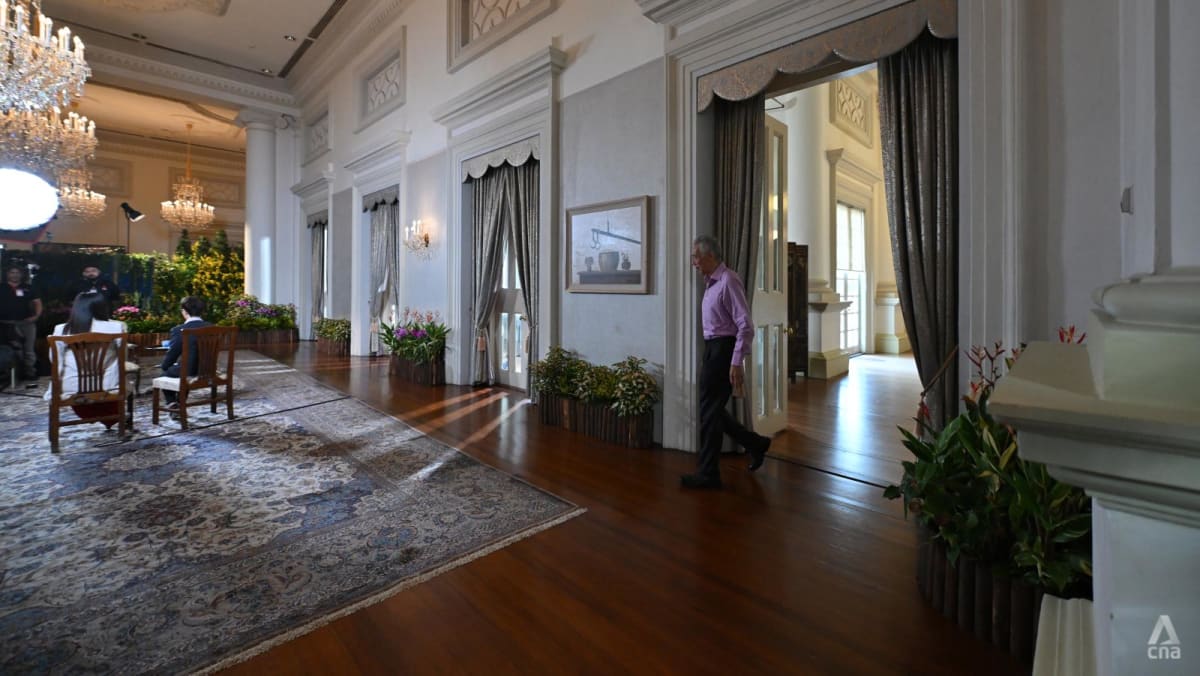“The new team will be probed certainly. Tested, well, maybe gently. Maybe issues will come and people might push a little bit harder. Or maybe not,” he said.
“But we must expect that some probing will come, and we must be ready to respond. Not in a harsh way, but quietly to stand our ground. And let people know that, you know, we may have had a changing of the guard, but the new guards are prepared, and the old guards are still, giving hopefully useful views to the new team on how to do it.”
DEFINING SINGAPORE’S NATIONAL INTEREST
While foreign policy must be guided by national interest, what constitutes national interest remains a continuing debate, said Mr Lee.
Some considerations include prosperity, safety and security, defending oneself, being able to do business with other countries, and its sovereignty or independence.
“You have national interests in specific things, for example, in access to airspace so that your aeroplanes can fly into Singapore and out of Singapore, or to be able to set your own path and decide whom you want to do business with and what you stand for in the world,” said Mr Lee.
He said that beyond bread-and-butter issues, values and ideals matter too, such as multiracialism, democracy and integrity of the system.
The debate over national interests is not simply about one abstract principle, such as weighing the value of sovereignty versus that of the economy, said Mr Lee.
It becomes more complex when, for instance, one party is probing your maritime boundaries while offering to do business with you, he said.
“Do you get angry? Do you decide to overlook this and then I do business and I lump it? There is no formula answer,” he said, adding that each situation has to be judged on its own and the government will have to make a decision and take a stand.
“Then the people will have a view and the government will have to take that into account. And the government hopefully will have its own considered view and will talk to the population, and we will discuss this.”
Noting that this has always been the approach, Mr Lee cited the example of his 2004 trip to Taiwan about a month before taking office as Singapore’s third Prime Minister.
His trip to the island was private and unofficial. But it caused “a rumpus”, said Mr Lee, pushing him to state his position publicly at his first National Day Rally the following month.
During the rally, seen as Singapore’s most important political speech of the year, Mr Lee explained that he visited the island to understand his Taiwanese counterparts’ thinking and the shifts in Taiwanese society, in order to make an objective assessment of the cross-straits situation.
